Condense weeks of research to minutes
An AI assistant that carefully explores the scientific literature for you. Find exactly what you need, no matter how complex.
Describe what you're looking for...
Trusted and used by researchers at




Research with
Unprecedented
breadth and depth
Send our AI to carefully review the literature related to your unique research topic.
Features
Dive Deeper
Into The Literature
Generate insights
Brainstorm with an AI expert that has read the relevant literature. Generate custom tables to support your research.
Verify responses
Trace any statement by following in-line citations back to the source paper
Gauge relevance
Quickly grasp if a paper is relevant to your unique question. Sort and filter however you like.
Stay up to date
Get notified whenever relevant papers are published.
Use Cases
Speed Up Your Research
Undermind is your personal research assistant. It reads hundreds of relevant papers and answers your questions about it. Faster than a human researcher. Just as thorough.
Assess Novelty Instantly
Quickly determine if your idea has been explored or if you're onto something groundbreaking.
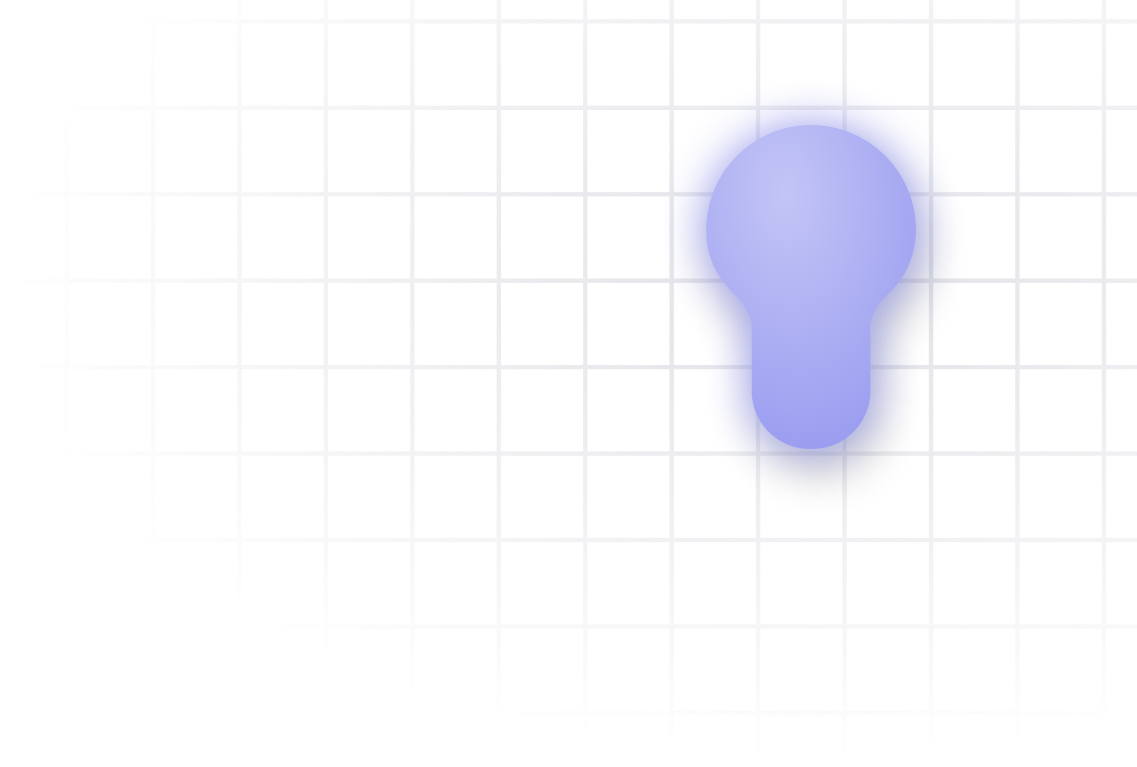
Scope Complex Topics
Rigorously assess niche research areas before investing time and resources.
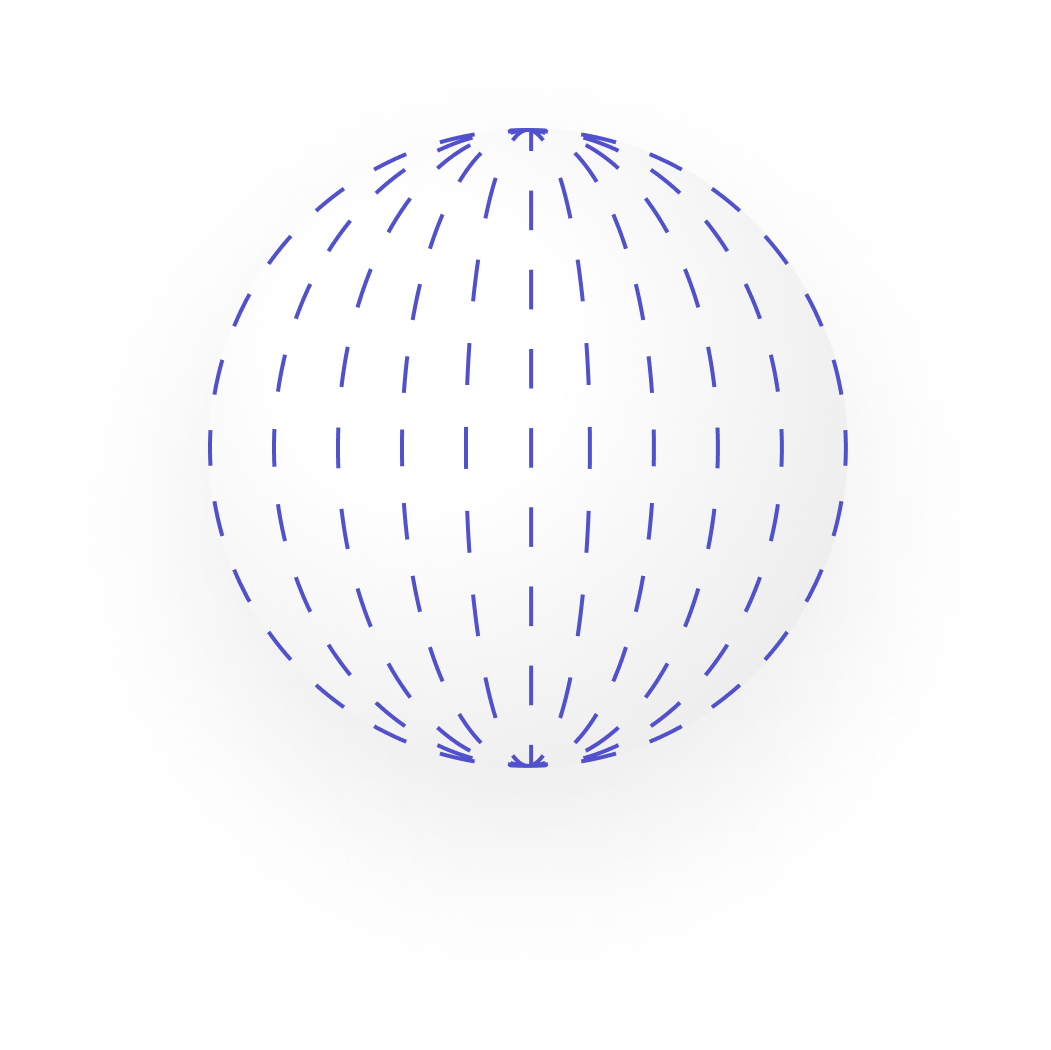
Cross-Disciplinary Insights
Uncover connections between fields to inspire new approaches.
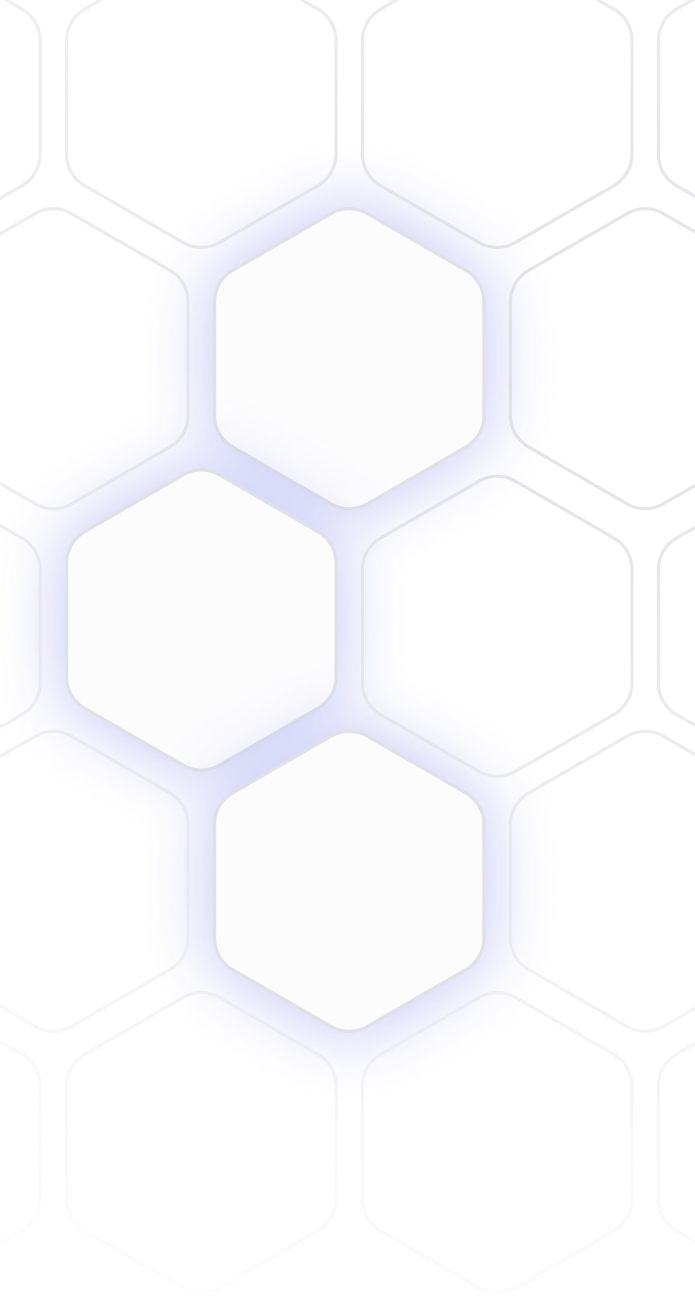
Identify Gaps in the Literature
Pinpoint unanswered questions and emerging trends in your domain.

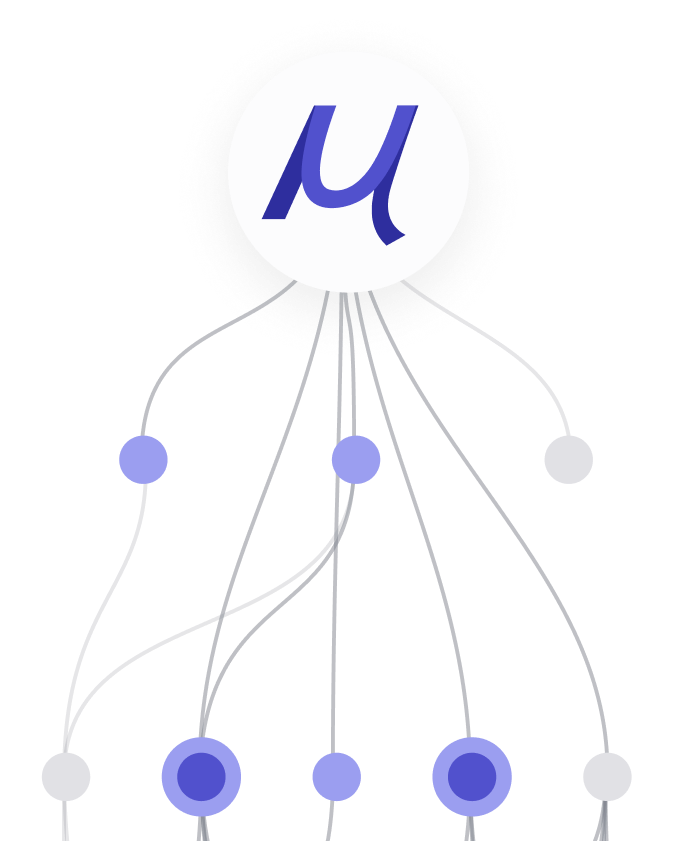
Solve Research Bottlenecks
Find relevant methods, datasets, and prior solutions to problems you’re working on.

Assess Novelty Instantly
Quickly determine if your idea has been explored or if you're onto something groundbreaking.

Identify Gaps in the Literature
Pinpoint unanswered questions and emerging trends in your domain.

Scope Complex Topics
Rigorously assess niche research areas before investing time and resources.

Cross-Disciplinary Insights
Uncover connections between fields to inspire new approaches.

Solve Research Bottlenecks
Find relevant methods, datasets, and prior solutions to problems you’re working on.

View an example report from
What recent experimental evidence supports room-temperature superconductivity above 150K via phonon-mediated electron pairing? How do these results compare with theoretical predictions for BCS-type mechanisms?
Testimonials
What Researchers Say
I have used this for extensive literature review into very nuanced drug delivery topics and have been very impressed. From chemistry to clinical trial data, this has been a very helpful tool.

Joelle Straehla
Koch Institute for Integrative Cancer Research, Clinical Investigator
Very happy subscriber. I use Undermind all the time and it has been a game-changer for me, condensing days of work down to a few minutes.

Marco Colangelo
MIT PhD and Professor of Electrical Engineering, Northeastern University
I am always impressed with Undermind's capabilities. It's often surfaced critical information I would have otherwise missed. Our whole research group is paying for Pro.

Andre Fonseca
Graduate Researcher, MIT
Undermind's unique algorithms give me exactly the information I need. Anyone searching the technical literature should be using this incredible tool.

Dan Recht
Applied Physics PhD, hard-tech entrepreneur, and startup advisor
I've had our whole R&D team at Actipulse subscribed to Pro and we are thrilled with it! It's amazing how it can dig up obscure papers that would take days or weeks to try to find otherwise.

Gabriel Villafuerte
MD/PhD and Chief Medical Officer, Actipulse Neuroscience
Undermind is easily the best lit search tool out there. It’s had a huge impact on our work. My team and I are long-term subscribers.

Will Olsen
Co-founder and CEO at Engage Bio
Search with Undermind
Imagine sending an expert colleague to research a topic for you
1 — Prepare
Chat to explain your topic
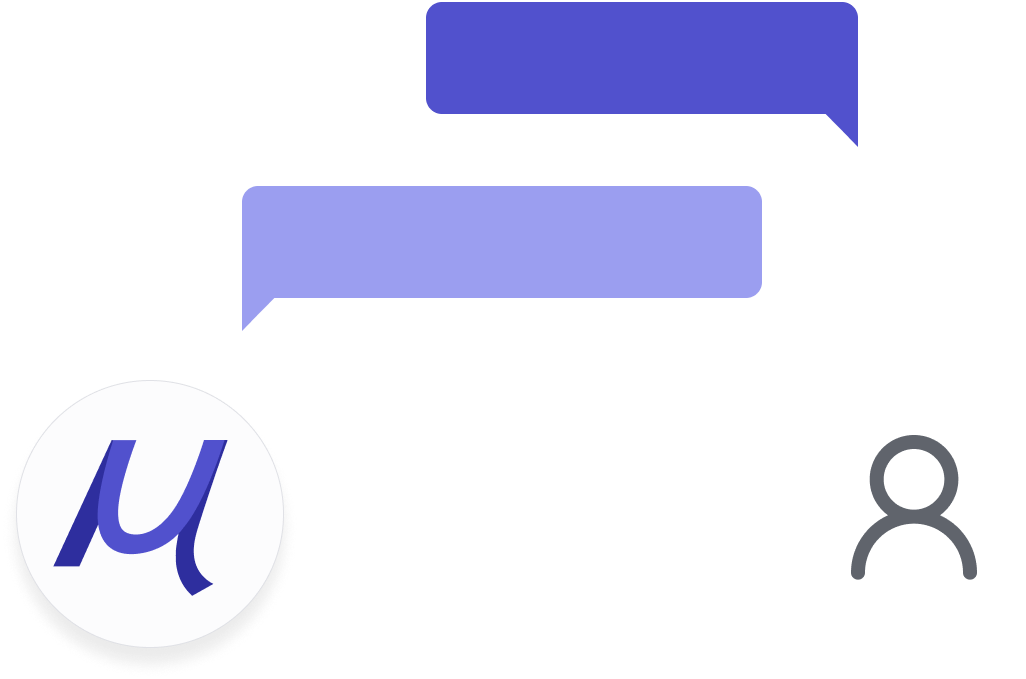
Narrow down your research topic in all its complexity. Undermind understands what you're looking for.
2 — Relax
Undermind does the research for you
Intelligent search adapts, follows citation trails to uncover everything. Undermind learns and updates its knowledge as it explores the literature. This way it can hone in on just the right content.
3 — Understand
Dive into the results
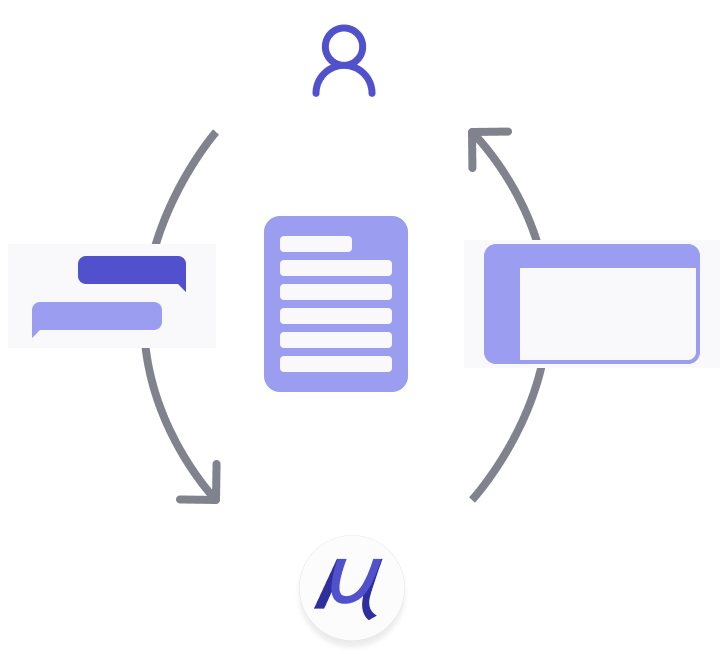
Deeply engage with and understand the relevant literature with the help of a knowledgeable AI expert.
4 — Keep up
Stay in the loop
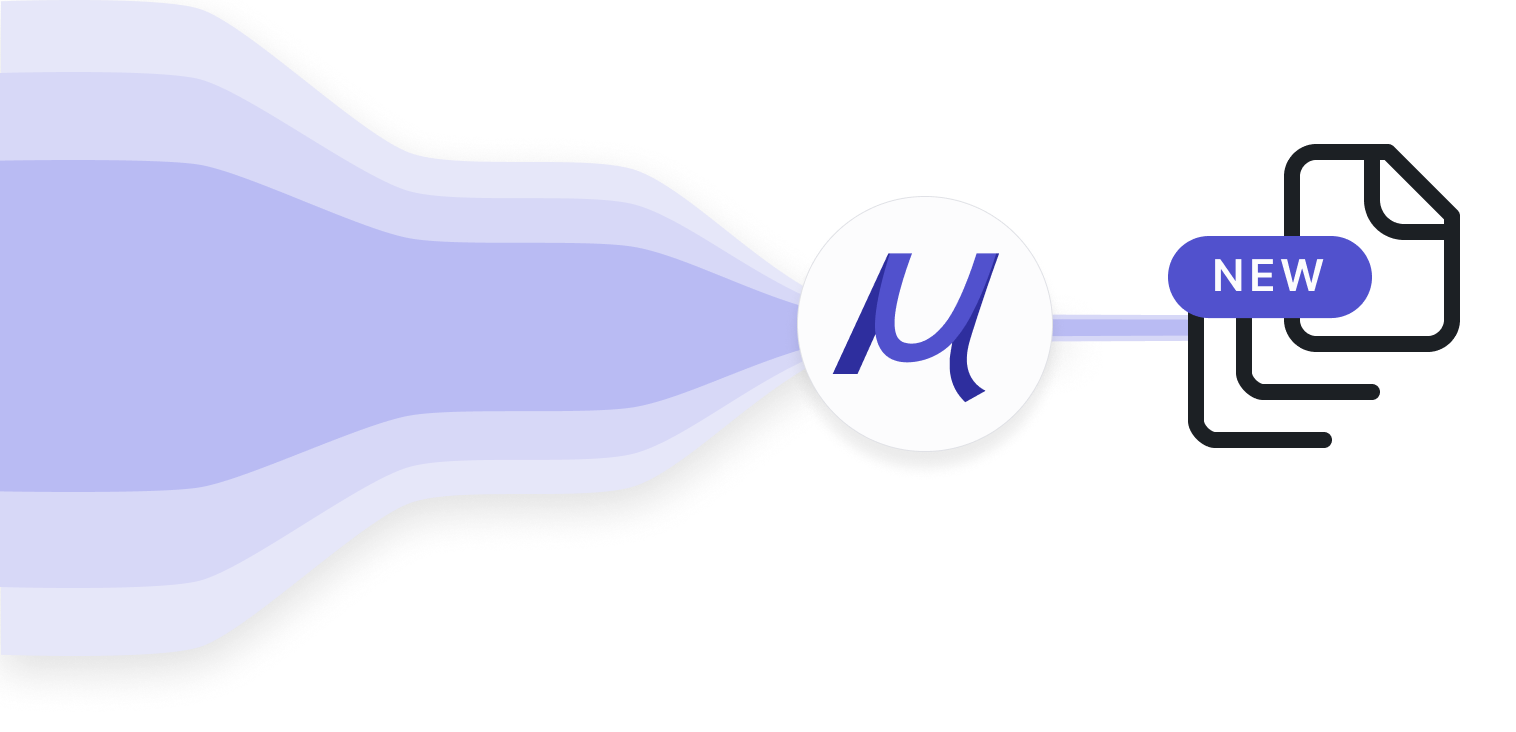
Undermind keeps tabs on your areas of interest and notifies you with important updates.
Undermind mirrors the structured search process of a human expert. It uses the latest language models for in-depth reasoning at key steps within the process. Delivers 10x better results than Google Scholar.
Tutorial
What to expect
Pricing
Enterprise
All features in Team, plus:
Increased compute
Sitewide organizational login
Onboarding seminars
Admin dashboard
Custom terms/SLA/security review
Custom pricing
Dedicated support
About
Built by Researchers
Started by two quantum physics PhDs from MIT, with decades of experience in deep research. We built Undermind to accelerate science and make a difference for all of us researchers.

